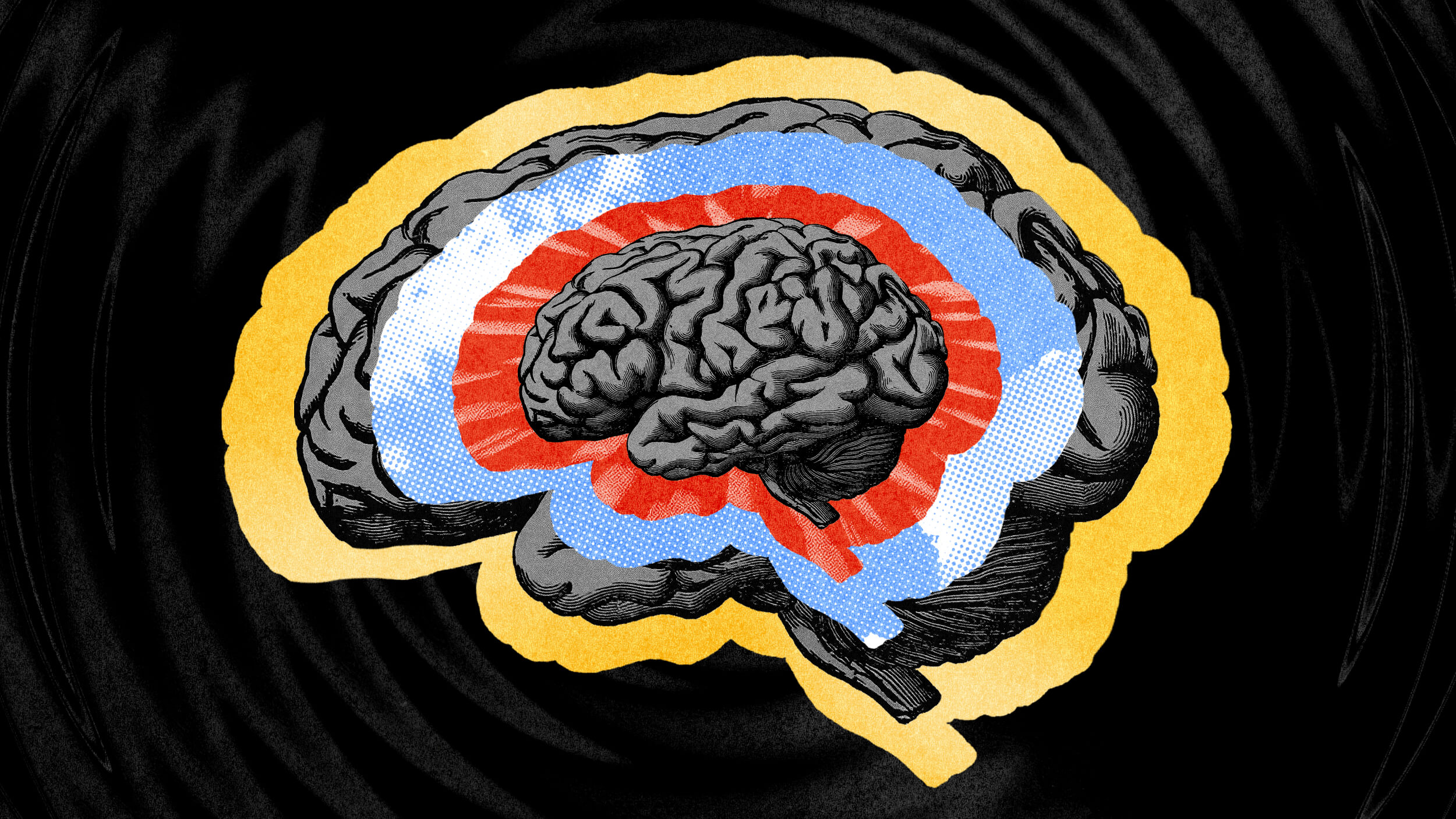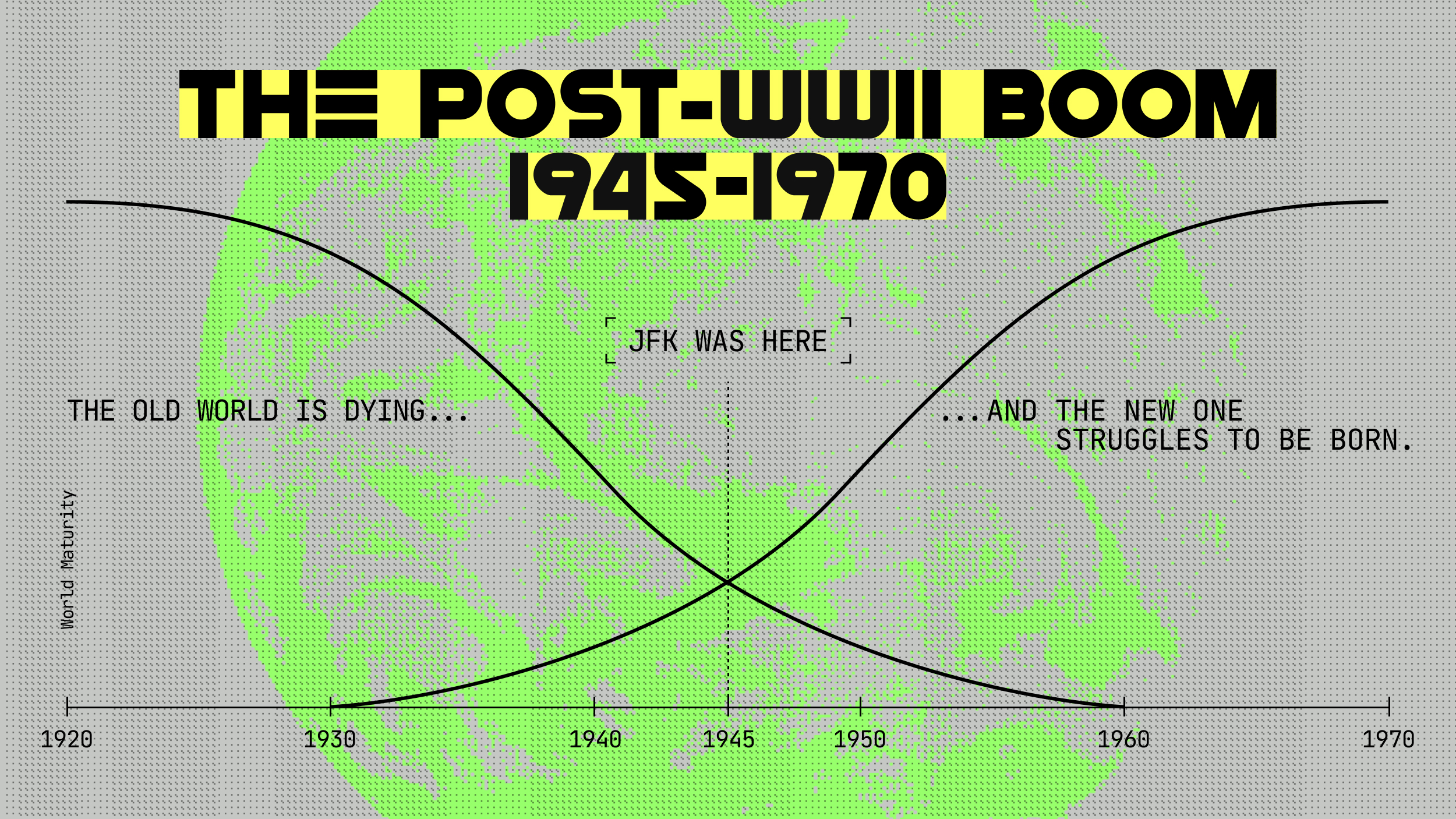Facing, and Planning For, How You Will Die (and why we don’t.)

This blog writes about how we perceive risk, and how those perceptions often don’t match the facts. We’re more afraid of some things than we need to be, and less afraid of some things than we ought to be, and those misperceptions – what I call the Perception Gap – get us into trouble. One of the things we should certainly worry more about, is dying. Not whether we will die, of course, but how. Given all we do to manifest control over how we live, it’s stunning how few of us have made any plans for the nature of how we will leave this mortal plane.
Most of us won’t die from the threats that seem to worry us the most. We will not be murdered, die in a plane crash, or succumb to the effects of climate change. Environmental contamination, terrorism, swine/bird/the next big flu…each may in fact kill a lot of people. But it is a pretty sure bet that most of us will simply get frail, and sick from heart disease (#1 cause of death) or cancer (#2) or chronic lower pulmonary disease (#3) or a stroke (#4), and need progressively more and more medical care while experiencing progressively less quality of life, even progressively less and less actual lucidity or even consciousness. No need to get morbid with the details here. Suffice it to say you and I will make the long goodbye more with a increasingly care-dependent whimper than with a neat clean final bang.
Yet, as likely as this is for most of us, and as commonly as we have watched our elders pass away under these conditions, few of us have made any plans for this part of our lives. As worried as we are about dying, we are not worried enough about how we will die. That Perception Gap poses all sorts of risks, not just for us, but for our families and loved ones who will have to deal with a lot of serious decisions and questions, simply because we haven’t worried enough to ask them in advance.
The psychology of risk perception offers a partial explanation for this mistake. Whenever we feel like we have control, we are less worried. You probably think you have control over all those unpleasant-to-think-about end-of-life questions, like what should happen if you are unconscious and need machines to keep you alive, or when to say enough is enough when you’re so sick and frail that more and more medical care is having less and less effect fooling mother nature and postponing the inevitable. All you have to do is sit down right now and think through your preferences, and write them down, and assign someone to be your decision maker if you’re not able to make the call yourself. You have the ability to decide. You have control.
But if you’re like most of us, myself included, you have not had this hard conversation with yourself. You have not faced these difficult questions. You have no end-of-life plan, no health care proxy. Why? In part, because you know that whenever you want to, you can. That sense of control let’s you off the hook from having to face some scary unpleasant ugly stuff. That produces a Perception Gap, the risk that exists because your sense of control has allowed you to worry less than you should about a risk that you and your family are one heart attack or car crash or stroke away from having to deal with.
To illustrate how control impacts our perception of risk, let me pose this question; Suppose I told you that, starting right now, you have only 60 days to make these decisions. After that, in the interest of the greater common good (since end-of-life health care costs the system and everyone who pays into it hundreds of billions of dollars), the law empowers insurance companies to make these decisions for you. Can you imagine that…lying in a coma in a hospital bed after a car crash or a stroke, and an insurance company is in charge of figuring out what to do!? How does that feel!? It’s a safe bet that such a scenario…60 days or you lose control over making these choices…would prompt you to face these unpleasant issues. Not because end-of-life choices are any more real an issue for you now than they were a few paragraphs ago, but simply because things feel differently when you lose control.
I’m sitting at a cabin on a lake in the Maine woods right now, watching loons swim past and bright white clouds drift over green mountains. Mentally, and (hopefully) chronologically, the end of my life is far away, totally out of my mind. I will not face these uncomfortable questions today, as most of us won’t – as most of us haven’t – because I know I can…tomorrow. How completely understandable that is. And how dumb. And how risky.





